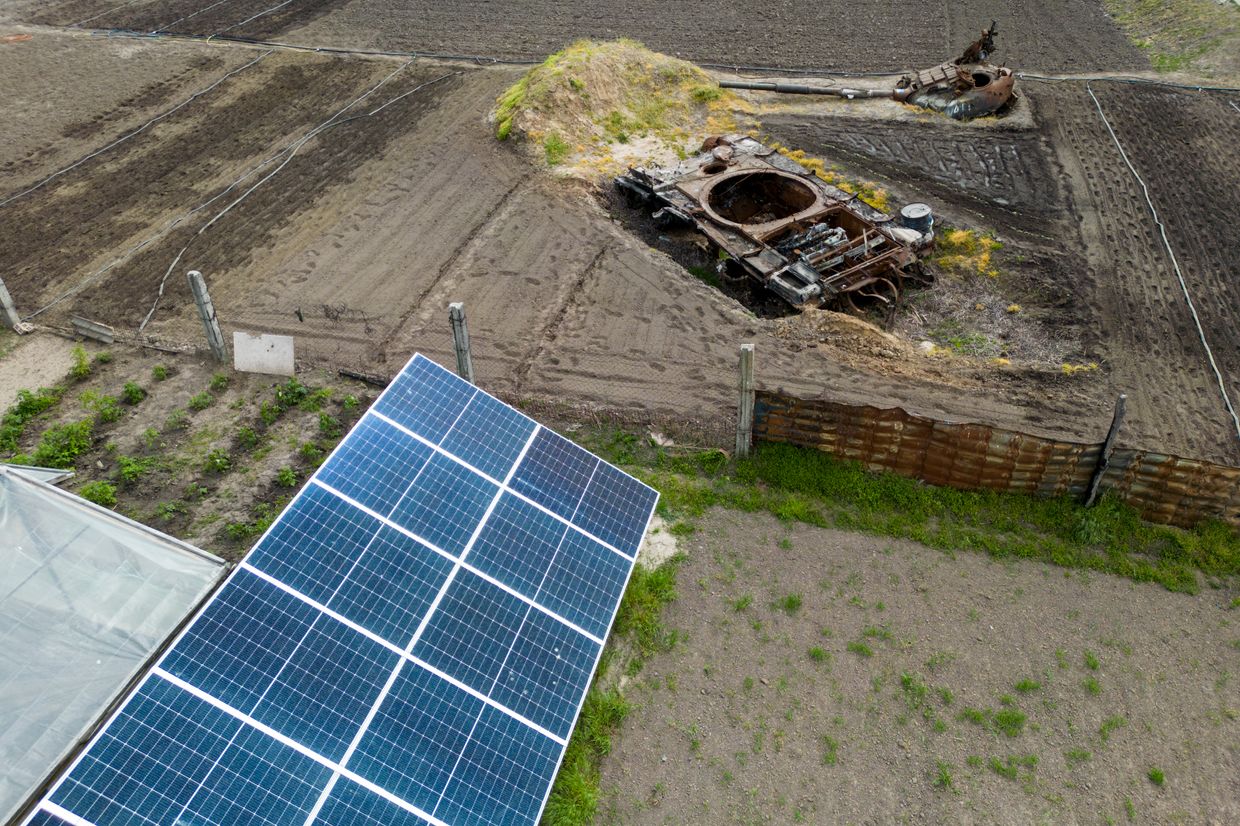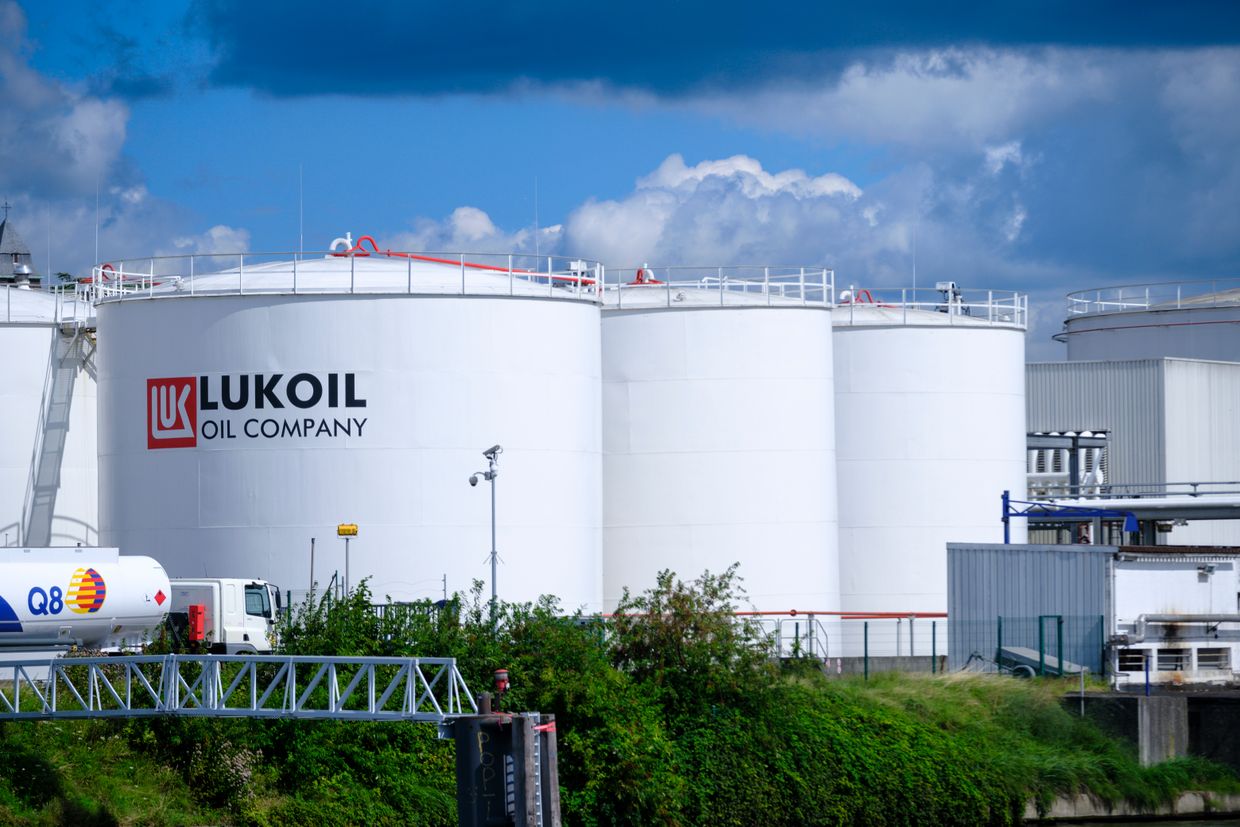Ukraine aims to boost share of consumption of green energy to 27% by 2030

Ukraine's government has approved a plan that aims to increase the share of renewable energy in overall power consumption to 27% over the next six years, Prime Minister Denys Shmyhal announced on Aug. 13.
Ukraine plans to increase production of energy through solar, wind, biogas, and hydropower energy, Shmyhal said.
The government approved the National Renewable Energy Action Plan for the years up to 2030, which "clearly correlates with European norms and standards," Shmyhal said.
As part of the plan, Ukraine aims to increase the share of renewable energy consumption to 27% by 2030. Before the start of Russia's full-scale invasion, the share of renewable energy in Ukraine's grid was about 10%.
According to Reuters, Ukraine will need $20 billion in investments to develop the renewable energy sector as part of the plan, which envisages providing support quotas for green energy producers.
Russia's full-scale invasion has led Ukraine to accelerate its investment in renewable energy.
Russia has repeatedly targeted Ukrainian power infrastructure since the start of the full-scale invasion and continues to occupy the Zaporizhzhia Nuclear Power Plant, the largest nuclear power plant in Europe.
Several large-scale Russian attacks on Ukraine's power grid over the spring caused rolling blackouts across Ukraine in May, which intensified in July due to an abnormal heat wave.
The attacks severely damaged infrastructure such as the Trypillia thermal power plant, the largest such plant near Kyiv, and the Dnipro hydroelectric power station.
By early July, the International Monetary Fund (IMF) estimated the losses of the Ukrainian energy sector due to Russian strikes at $56.5 billion.
DTEK, Ukraine's largest private energy company, said in June that it had lost nearly 90% of its generating capacity due to Russia's attacks, but aims to recover 60-70% of its power generation capacity by October.
The company announced plans in December 2023 to build the largest wind farm in Eastern Europe in partnership with Danish wind turbine manufacturer Vestas, aiming to diversify and strengthen Ukraine's energy system.















